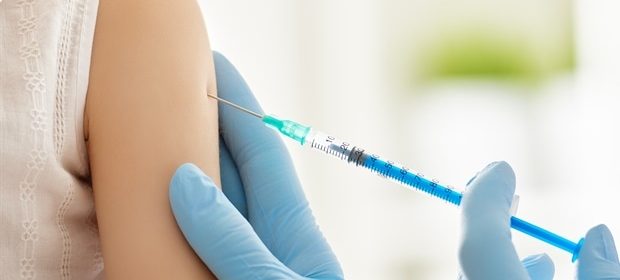Recombinant rabies virus vaccine with molecular adjuvant induces strong immune responses and protection in mice

 Reviewed
ReviewedThis study aimed to improve the effectiveness of the rabies vaccine to help alleviate and eliminate the rabies epidemic.
Studies have demonstrated that adjuvants, particularly molecular adjuvants targeting the immune cells, play an important role in improving the immune efficacy of inactivated vaccines. Escherichia coli heat-labile enterotoxin B subunit (LTB) shows advantages in promoting the immune efficacy of vaccines by activating the dendritic cells.
A recombinant virus rCVS11-LTB was constructed in this study, which could display the LTB protein on the surface of viral particles. Inactivated rCVS11-LTB was able to induce the higher levels of virus-neutralizing antibodies (VNAs) in both mice and dogs, and to induce faster and stronger cellular immune responses and the production of CD4+ CTM in mice than rCVS11 post immunization. In addition, two doses of inactivated rCVS11-LTB could completely protect the mice from the challenge with a lethal dose of rabies virus.
The recombinant virus rCVS11-LTB chimeric-expressing the molecular adjuvant LTB can induce high levels of humoral and cellular immune responses in vivo and provide 100% protection against RABV challenge in mice, demonstrating its potential as an effective inactivated rabies vaccine candidate.
Compuscript Ltd
Gong, Z., et al. (2023). Incorporation of Escherichia coli heat-labile enterotoxin B subunit into rabies virus particles enhances its immunogenicity in mice and dogs. Biosafety and Health. doi.org/10.1016/j.bsheal.2023.05.005.
Posted in: Medical Science News | Medical Research News | Disease/Infection News
Tags: Antibodies, CD4, Efficacy, heat, Immunization, in vivo, Protein, Rabies, Vaccine, Virus